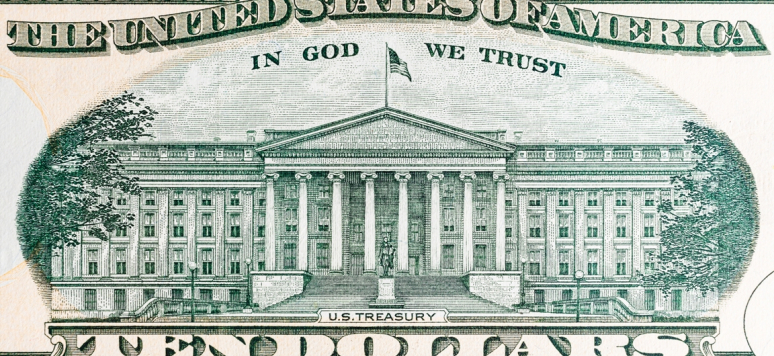Potomac Papers - Comply or die ? Les entreprises face à l’exigence de conformité venue des États-Unis Potomac Paper, No. 34, March 2018

The United States has developed a vast body of legal regulations with extraterritorial application in order to tackle corruption on the international stage and to pursue companies that do not abide by the trade embargoes demanded by U.S. foreign policy.
The main text regarding corruption is the Foreign Corruption Protection Act (FCPA) of 1977. Embargoes are supervised by the Office of Foreign Assets Control (OFAC), an agency of the U.S. Department of the Treasury. They are either imposed on countries and individuals, or ban specific items, on the basis of ad hoc laws and regulations such as ITAR (International Traffic in Arms Regulation) and EAR (Export Administration Regulation).
Since 1998, the American justice system has extended the definition of the link that binds a foreign actor to the United States (the nexus) and constitutes the legal basis for prosecution. If the use of the U.S. dollar represents the most frequent nexus, present-day criteria include the employment of an American citizen, participating in a meeting in the U.S. or sending an email through a server located in the United States. The simple use of American software may soon also be considered a nexus.
French and European companies have often been sued and fined in recent years. Could the U.S. “legal soft-power” have underlying economic and strategic objectives? This would appear very inequitable given that Russian and Chinese companies are not being prosecuted… Furthermore, a majority of legal cases are actually solved through transactions (i.e. Deferred Prosecution Agreements – DPA), a way of escaping expensive and uncertain trials, at the expense of obtaining a true legal verdict.
In response, Europeans have started to adopt their own regulations. In France, the Sapin 2 law of December 2016 establishes an obligation for French companies to develop their own compliance rules against corruption. This evolution could result in a decrease in legal action from the United States.
The observance of U.S.-imposed embargoes, for its part, depends on diplomatic developments. While the signature of the JCPOA (Joint Comprehensive Plan of Action) appeared to allow the long-awaited lifting of international sanctions against Iran, where European companies are preparing to invest, the change of attitude of the U.S. administration since the election of Donald Trump is a real game-changer.
This content is available in French: "Comply or die ? Les entreprises face à l’exigence de conformité venue des États-Unis" [1]
